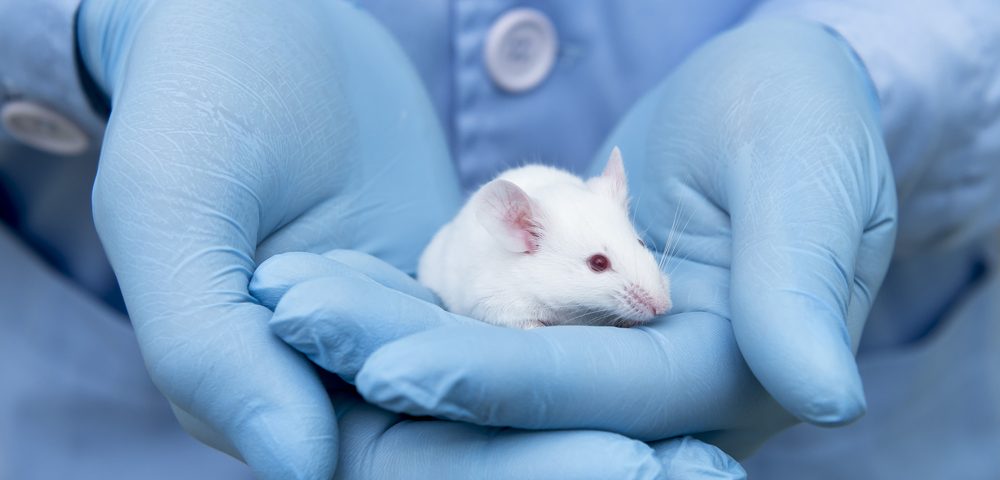Palatin Technologies‘, investigational PL-8177, taken orally, reached the large intestine and colon, resulting in significantly reduced inflammation and damage in a bowel inflammation rat model.
The poster on the study, titled “Probing the Role of the MC1 Receptor in Resolution With a Selective MC1 Receptor Agonist—PL-8177” was presented at the “The Resolution of Inflammation in Health and Disease” Keystone Symposia held March 24-28 at the Royal Dublin Society, Dublin, Ireland.
PL-8177 is a highly selective melanocortin 1 (MC1) receptor agonist, previously shown to prevent and reverse intestinal inflammation, similarly to the MC1 receptor natural agonist, the alpha-melanocortin stimulating hormone (alpha-MSH).
Activating MC1 receptor is a natural mechanism shown to reduce inflammation and immune responses in the intestine. In IBD, the levels of MC1 receptors are increased and detected on the cell surface of intestinal cells.
Researchers tested three different doses of oral PL-8177 administered twice daily in a rat model of colitis.
The results showed that oral PL-8177 was released in the colon and progressed through the rat intestinal tract in nine hours.
Compared to untreated rats used as controls, treatment with PL-8177 significantly improved inflammation and reduced damage to the intestine to a similar degree as in rats treated with sulfasalazine (sold under the trade name Azulfidine, among others, and used as therapy for IBD and other inflammatory diseases).
“Based on these data, a per-oral colon release formulation of PL-8177 will be developed for clinical evaluation,” researchers wrote.
In January, Palatin announced plans to start clinical trials to test PL-8177 as a treatment for ulcerative colitis, a form of IBD, after the U.S. Food and Drug Administration (FDA) accepted its investigational new drug application. The company also announced the first patient dosing in a Phase 1 trial evaluating single and multiple ascending doses of PL-8177 administered via subcutaneous injection, in healthy volunteers.
“The development of an orally administered capsule of PL-8177 is a major step forward for our ulcerative colitis program,” Carl Spana, PhD, CEO and president of Palatin Technologies, said in a press release. “We are moving the oral formulation into human pharmacokinetic studies, which we currently anticipate beginning in the fourth quarter of 2018.”

